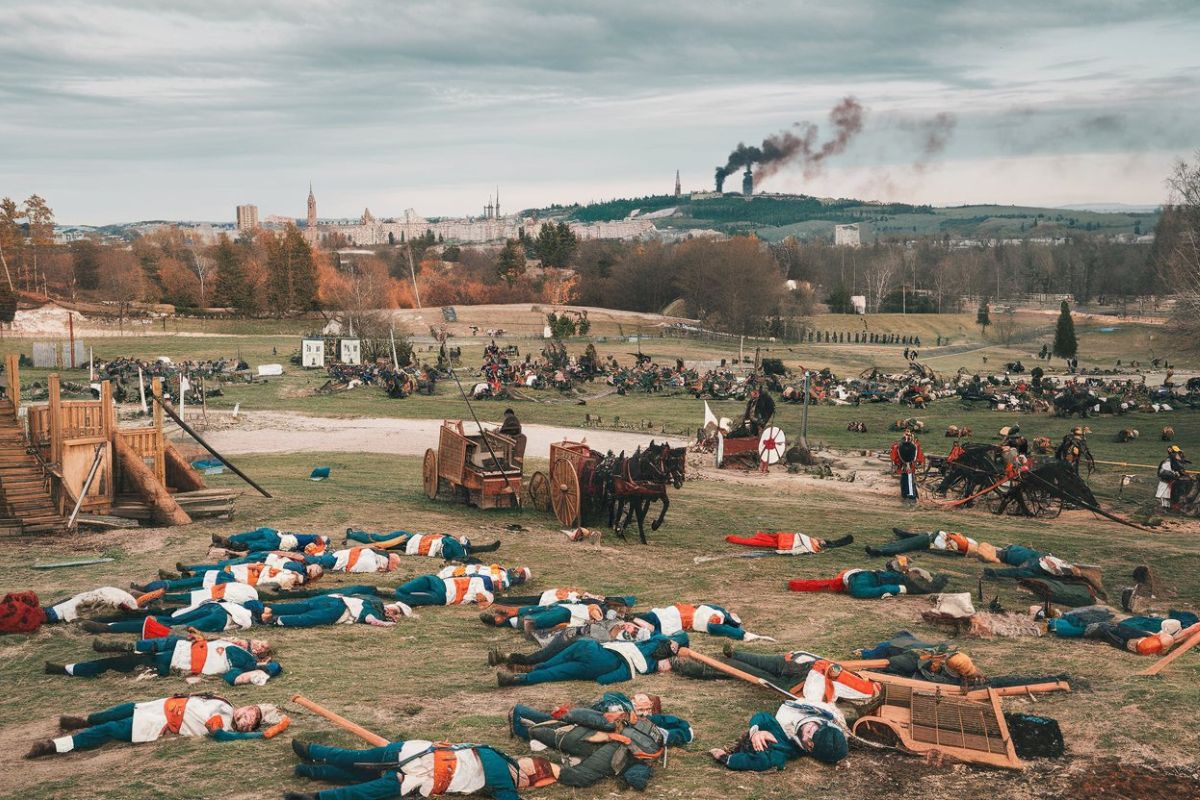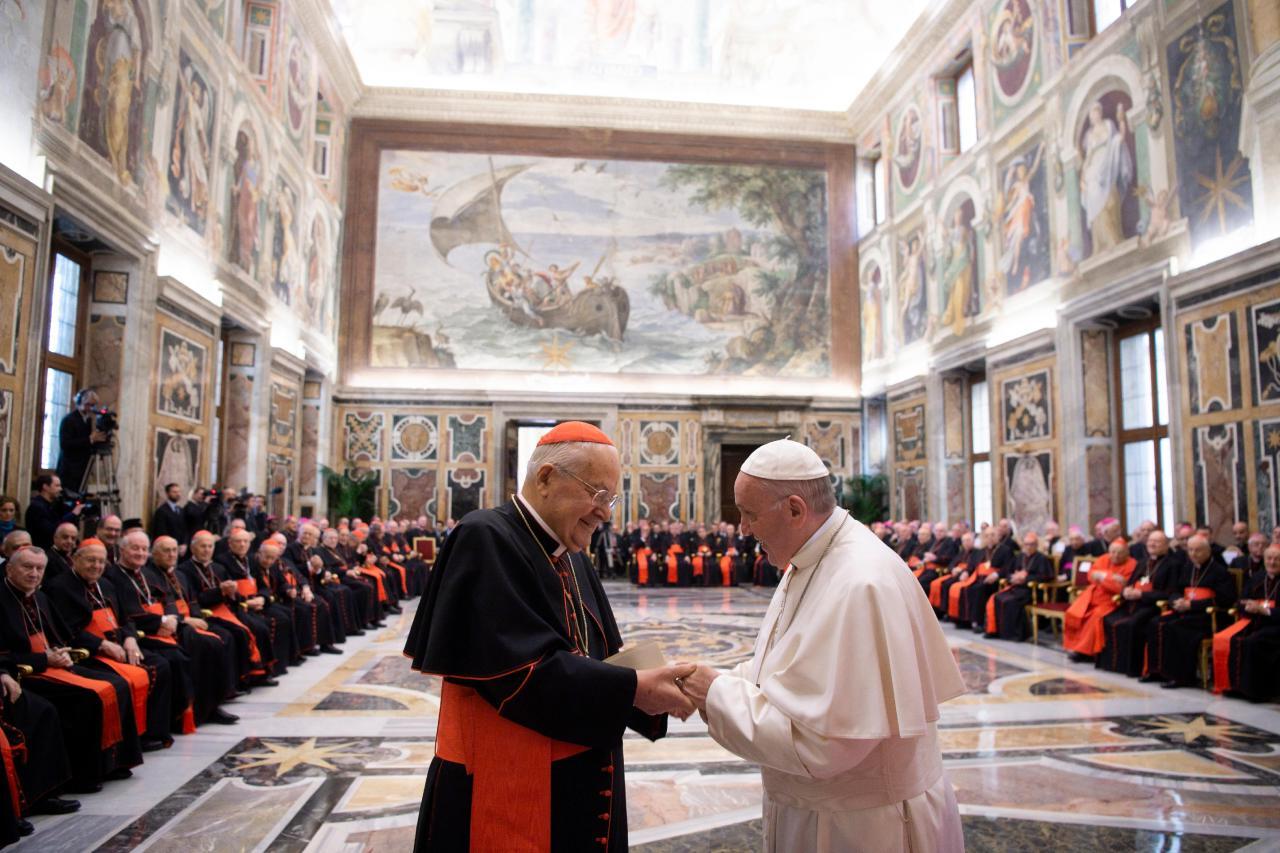
Who was Mursili I, and why are his campaigns significant? Mursili I, a king of the Hittite Empire from around 1590 to 1567 BCE, is renowned for his military prowess and strategic acumen. His campaigns reshaped the ancient Near East, expanding Hittite influence far beyond its borders. From conquering Aleppo to launching successful campaigns against the Mitanni, Mursili I's military ventures were pivotal in establishing the Hittites as a dominant force. His use of chariots, expertise in siege warfare, and diplomatic maneuvers set a precedent for future Hittite rulers. These campaigns not only brought wealth and stability but also facilitated cultural exchanges that enriched Hittite society.
Early Life and Accession
Mursili I, a prominent figure in ancient history, was the son of Hattusili I. His early life set the stage for his future as a formidable leader of the Hittite Empire.
- Early Life and Accession: Mursili I was the son of Hattusili I, who had expanded Hittite territories significantly. After Hattusili I's death, Mursili I ascended to the throne, marking the beginning of his military campaigns.
Major Military Campaigns
Mursili I's reign is marked by several significant military campaigns that expanded Hittite influence and power.
-
First Campaign Against the Mitanni: Mursili I's first major campaign was against the Mitanni kingdom, a powerful state in northern Syria. The Mitanni had long been a thorn in the side of the Hittites, and Mursili I sought to assert his authority over this region.
-
Battle of Kadesh: Although Mursili I is not directly associated with the Battle of Kadesh, his campaigns laid the groundwork for later Hittite involvement in this region. The battle itself took place during the reign of his successor, Muwatalli II.
-
Conquest of Aleppo: One of Mursili I's most notable victories was the conquest of Aleppo, a strategic city in northern Syria. This victory gave the Hittites control over a crucial trade route and expanded their influence in the region.
-
Campaigns in Cilicia: Mursili I also launched several campaigns against the Cilicians, a group of tribes living in southern Anatolia. These campaigns were aimed at securing Hittite borders and ensuring stability in the region.
Military and Administrative Reforms
Mursili I was not just a conqueror; he was also a reformer who introduced significant changes to the Hittite military and administration.
-
Military Reforms: During his reign, Mursili I implemented significant military reforms. He introduced new tactics and strategies that improved the efficiency and effectiveness of the Hittite army.
-
Use of Chariots: The Hittite army under Mursili I made extensive use of chariots, which were a key component of their military strategy. Chariots provided mobility and firepower, making them a decisive factor in battles.
-
Siege Warfare: Mursili I was known for his expertise in siege warfare. He developed techniques for breaching enemy fortifications, which allowed him to capture key cities and fortresses.
-
Administrative Reforms: In addition to military reforms, Mursili I also implemented administrative reforms. He reorganized the Hittite bureaucracy, creating more efficient systems for governance and taxation.
Diplomatic Efforts and Relations
While Mursili I was a skilled military leader, he also maintained diplomatic relations with neighboring states.
-
Diplomatic Relations: He formed alliances and negotiated treaties to secure peace and stability in the region.
-
Conflict with Egypt: Although there is no direct evidence of conflict between Mursili I and Egypt during his reign, it is known that the Hittites and Egyptians had a long-standing rivalry. This rivalry would continue to influence Hittite foreign policy for generations to come.
Economic and Cultural Impact
The campaigns of Mursili I led to significant economic expansion and cultural exchange for the Hittite Empire.
-
Economic Expansion: The conquest of new territories and the establishment of trade routes brought wealth and resources into the empire.
-
Cultural Exchange: The expansion of the Hittite Empire under Mursili I facilitated cultural exchange between different regions. This exchange had a profound impact on Hittite culture, introducing new ideas and practices.
Archaeological and Historical Significance
Archaeological evidence and historical records provide insights into the success and legacy of Mursili I's campaigns.
-
Archaeological Evidence: Archaeological evidence from the time period suggests that Mursili I's campaigns were highly successful. The discovery of Hittite artifacts in conquered territories confirms the extent of their influence.
-
Legacy in Hittite History: Mursili I's campaigns set a precedent for future Hittite kings. His military strategies and diplomatic approaches were studied and emulated by later rulers, ensuring the continued success of the Hittite Empire.
Challenges and Succession
Mursili I's death led to a succession crisis, highlighting the complexities of Hittite succession practices.
- Succession Crisis: After Mursili I's death, a succession crisis arose. His son, Hantili II, succeeded him but faced challenges from other claimants to the throne. This crisis highlights the complexities of Hittite succession practices.
Long-term Impact
The long-term impact of Mursili I's campaigns can be seen in the weakening of rival kingdoms and the enduring legacy of his military and diplomatic efforts.
-
Impact on Mitanni Kingdom: The campaigns of Mursili I significantly weakened the Mitanni kingdom. This weakening paved the way for later Hittite conquests in the region and marked a turning point in the history of northern Syria.
-
Role in the Amarna Letters: Although Mursili I is not directly mentioned in the Amarna Letters, his actions had a profound impact on the diplomatic correspondence between the Hittites and other Near Eastern powers during this period.
-
Historical Significance: The campaigns of Mursili I are historically significant because they demonstrate the military prowess and strategic thinking of the Hittite Empire. His successes expanded Hittite influence and secured their place as a major power in the ancient Near East.
-
Enduring Legacy: Despite the passage of time, Mursili I's legacy endures. His military campaigns and diplomatic efforts continue to be studied by historians and scholars, providing valuable insights into the complexities of ancient warfare and statecraft.
Mursili I's Lasting Impact
Mursili I's campaigns were game-changers for the Hittite Empire. His military victories, especially against the Mitanni and the conquest of Aleppo, expanded Hittite influence and secured vital trade routes. His use of chariots and expertise in siege warfare set new standards in ancient military tactics. Beyond the battlefield, Mursili I's diplomatic efforts and administrative reforms strengthened the empire's governance and economy. His reign marked a period of significant cultural exchange, enriching Hittite society. Even after his death, his strategies and policies influenced future Hittite rulers. Despite the succession crisis that followed, Mursili I's legacy endured, showcasing his importance in ancient history. His campaigns not only shaped the Hittite Empire but also left a lasting imprint on the ancient Near East.
Was this page helpful?
Our commitment to delivering trustworthy and engaging content is at the heart of what we do. Each fact on our site is contributed by real users like you, bringing a wealth of diverse insights and information. To ensure the highest standards of accuracy and reliability, our dedicated editors meticulously review each submission. This process guarantees that the facts we share are not only fascinating but also credible. Trust in our commitment to quality and authenticity as you explore and learn with us.


